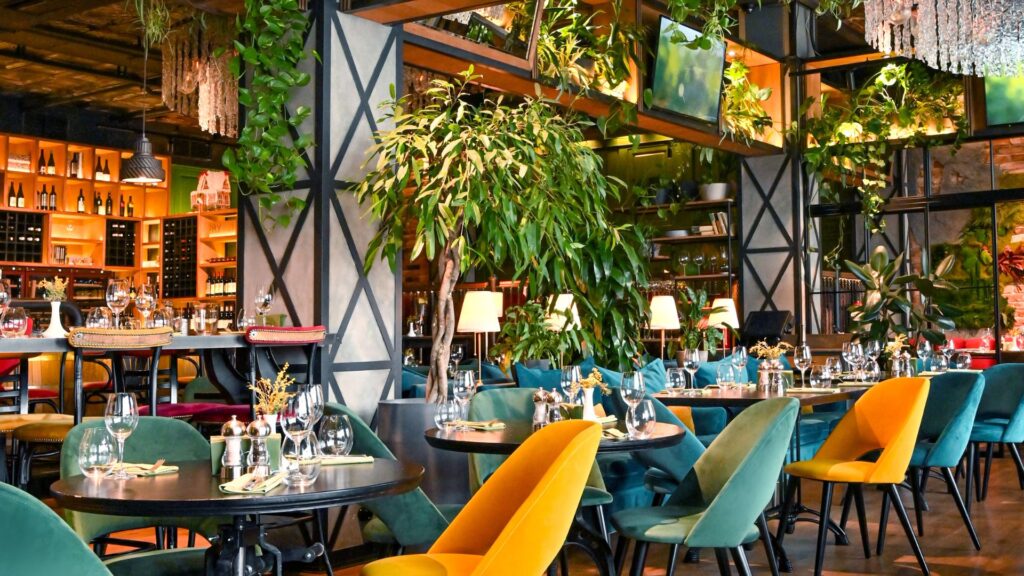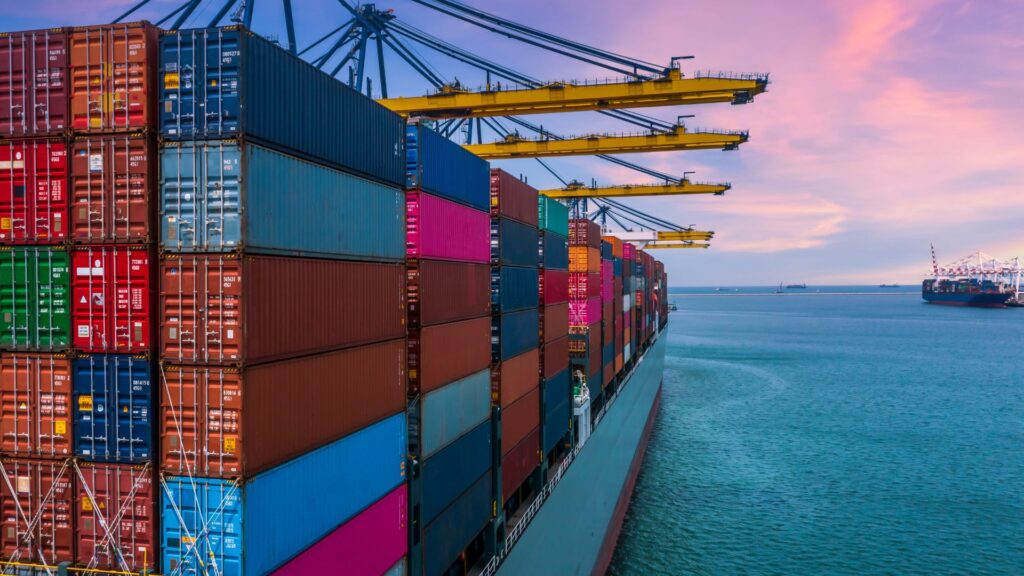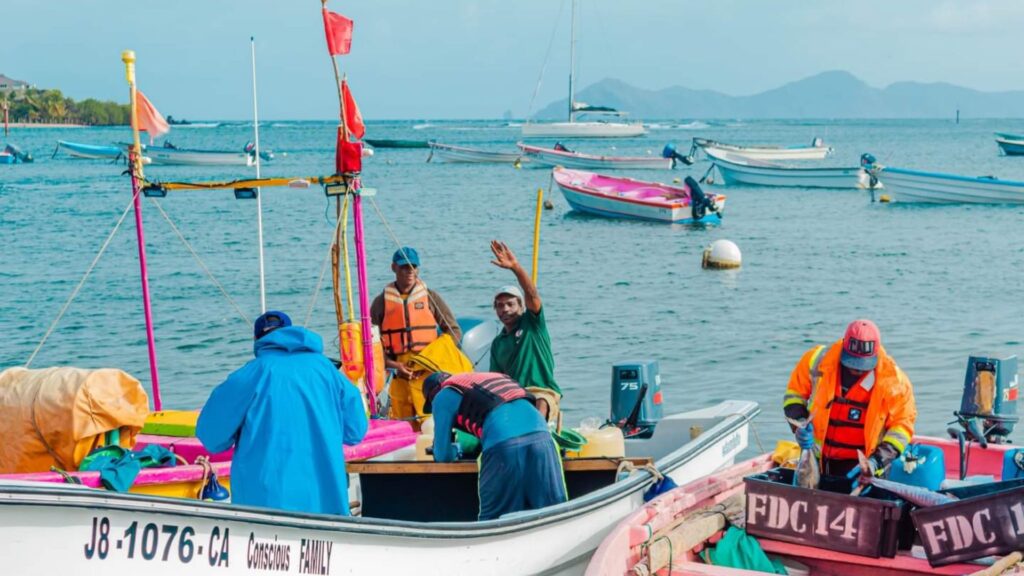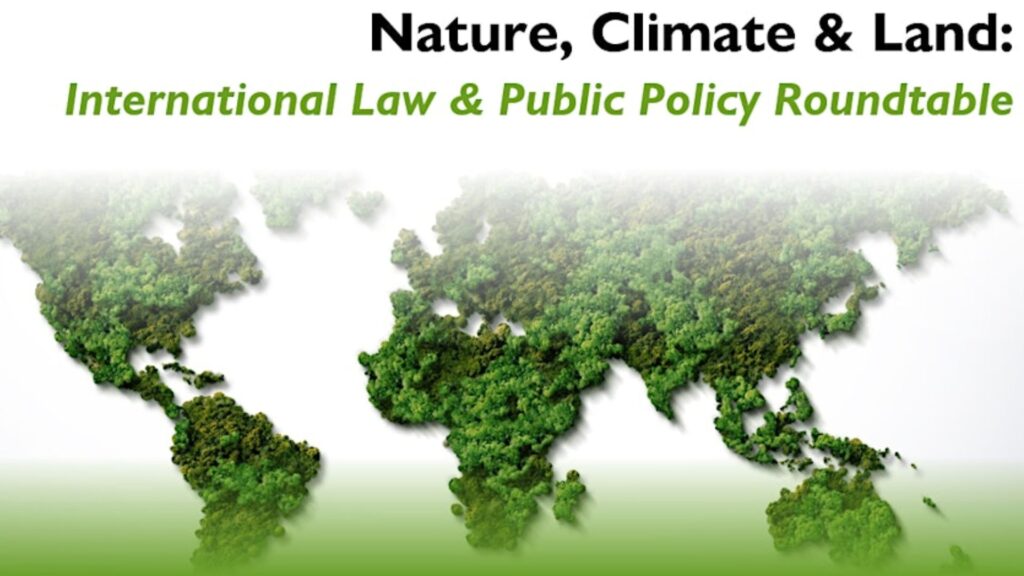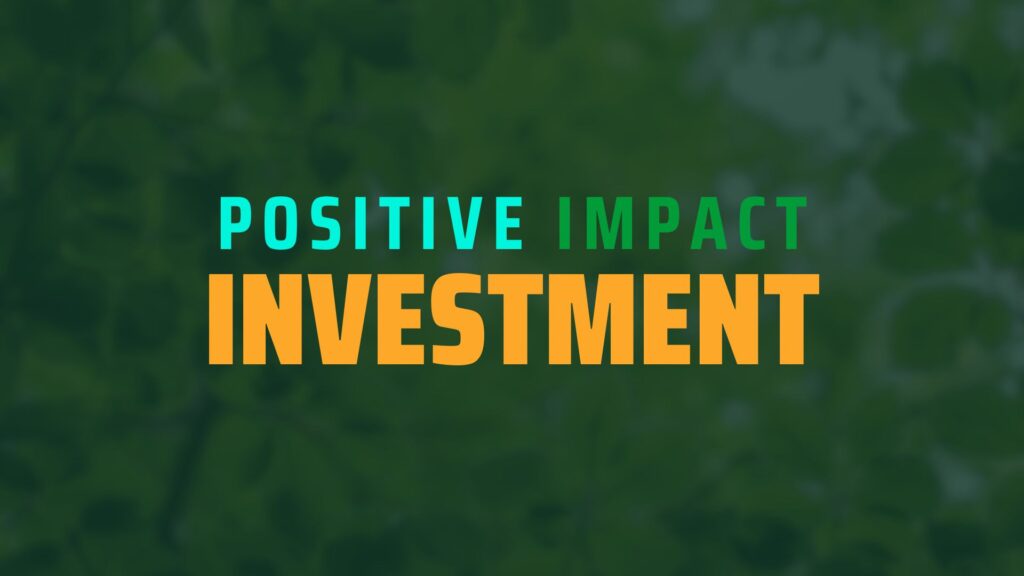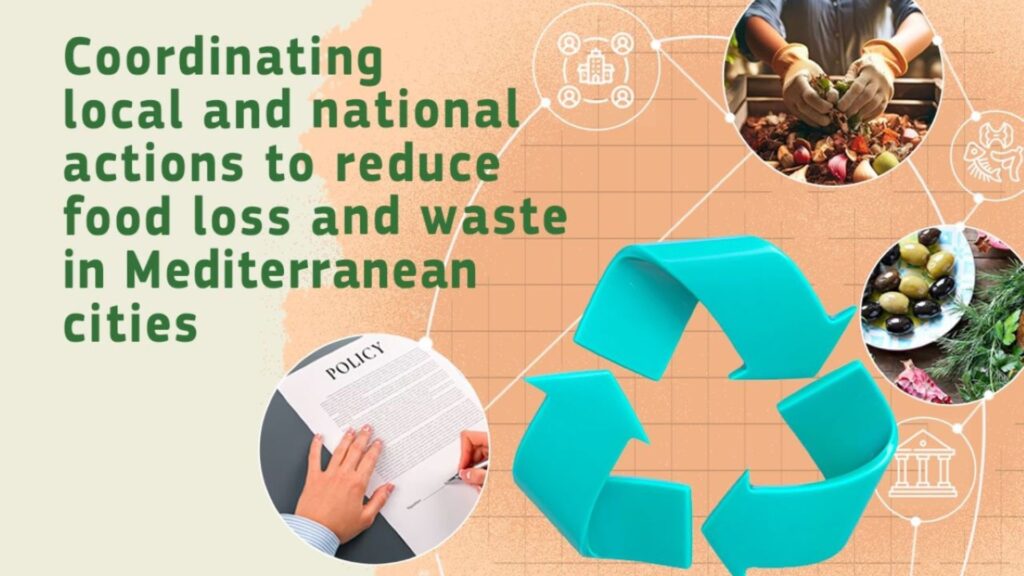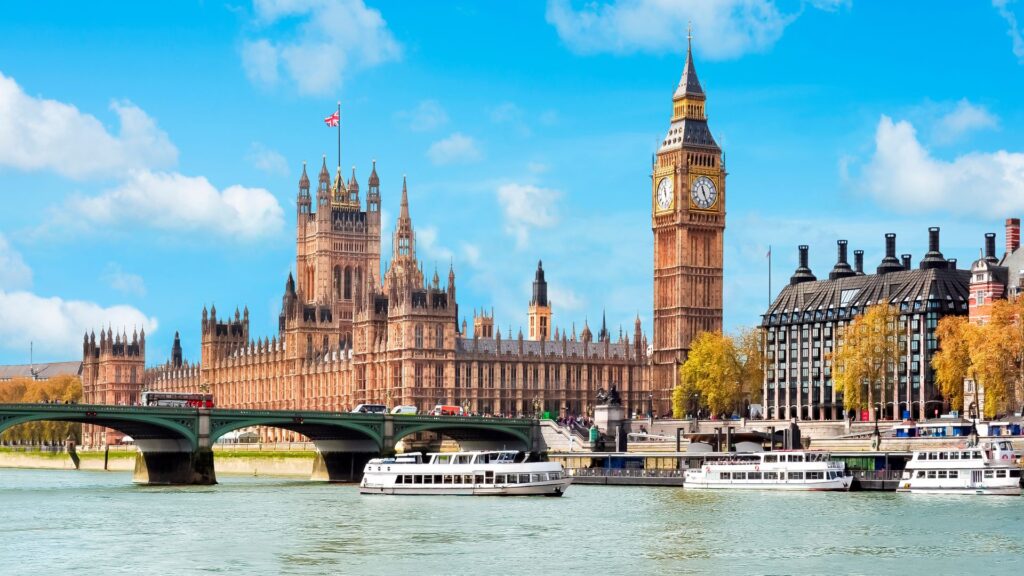Sustainability in Hospitality: A Competitive Advantage, Not Just Compliance
Why Sustainability Matters for Hotels and Restaurants Sustainability in hospitality is no longer optional—it’s a strategic necessity for long-term success. As climate action gains momentum worldwide, hotels and restaurants that embrace sustainable practices are securing financial benefits, reducing operational costs, and strengthening brand loyalty. But sustainability isn’t just about meeting environmental goals—it’s about gaining a competitive edge in a rapidly evolving industry. From cutting expenses through energy efficiency to attracting eco-conscious travelers and securing preferential financing, sustainability is reshaping the hospitality landscape. Businesses that integrate climate-smart strategies will thrive, while those that ignore this shift risk higher costs, limited financing options, and declining market appeal. The message is clear: sustainability is no longer just about compliance—it’s the key to long-term profitability and success.. Key Benefits of Sustainability in Hospitality ✅ Cost Reduction – Energy efficiency and waste reduction lower operational expenses.✅ Access to Climate Financing – Hotels with strong sustainability practices can secure preferential loans and investment opportunities.✅ Brand Differentiation – Eco-conscious travelers actively seek sustainable hospitality options.✅ Regulatory Compliance & Future-Proofing – Meeting global climate pledges protects businesses from future regulatory risks. Sustainability as a Competitive Edge in Hospitality Hotels that delay climate-smart strategies risk rising costs, shrinking market appeal, and limited financing options. Sustainability isn’t just a trend—it’s shaping the future of the hospitality industry. Hospitality Sustainability Success Stories 1. SENAC Restaurants, Brazil: A Carbon-Neutral Dining Model SENAC Restaurants in Brazil achieved Carbon Neutral Certification by overhauling their food sourcing strategy. By prioritizing local suppliers, they: ✔ Cut transportation costs✔ Improved menu sustainability✔ Strengthened brand reputation This demonstrates how sustainability and profitability go hand in hand. 2. Inkaterra: A Global Leader in Eco-Hospitality Inkaterra, a pioneer in ecotourism, has integrated climate action into its operations by managing 15,000 hectares of protected forest. Their Climate Certification has: ✔ Strengthened their international reputation✔ Secured climate finance through partnerships like the Inter-American Development Bank (IDB)✔ Improved operational efficiency These case studies highlight that sustainability is not just about reducing emissions—it’s a business growth strategy. The Business-Driven Approach to Hospitality Sustainability Despite misconceptions that climate action is losing momentum, the truth is that sustainability is now a business-driven necessity. The rising costs of energy, food, and waste management make climate-positive initiatives essential for profitability. How to Integrate Sustainability into Your Hospitality Business To stay ahead in the industry, hospitality businesses should consider: 🔹 Carbon Certification for Hotels & Restaurants – Align with climate finance frameworks and secure better investment opportunities.🔹 Energy & Waste Management Strategies – Reduce operational costs while meeting sustainability goals.🔹 Sustainable Sourcing & Eco-Friendly Operations – Attract eco-conscious travelers and corporate clients. Take Action: Future-Proof Your Hospitality Business Hotels and restaurants can gain a competitive advantage by obtaining Green Initiative’s Climate Certificates for tourism, hospitality, and destinations. These certifications help businesses secure financing, improve sustainability performance, and increase market appeal. Download the Free Climate Action Guide for Hospitality Gain valuable insights on integrating climate mitigation strategies into your hotel or restaurant business. 📥 Download the Climate Action Guide Final Thoughts Sustainability is not just an ethical obligation—it’s a smart business strategy. Hotels and restaurants that embrace climate action will thrive, while those that hesitate may struggle with rising costs and diminishing market share. Is your hospitality business ready for the future? Start your sustainability journey today and position yourself as a leader in the evolving hospitality landscape. Get in touch.
Sustainability in Hospitality: A Competitive Advantage, Not Just Compliance Read More »

